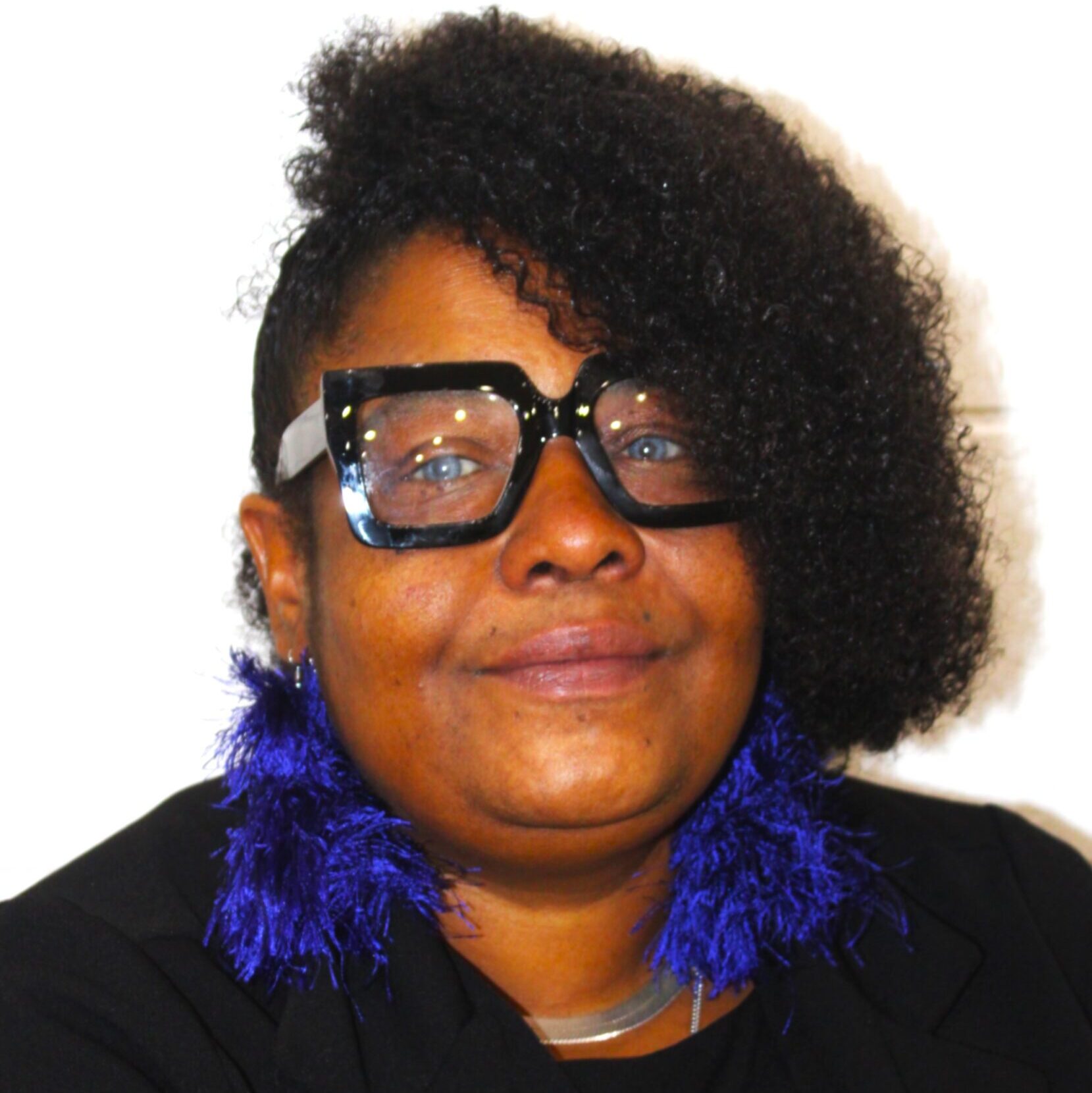
No parent should have to choose between groceries and a doctor’s visit. And no child should be turned away when their health is on the line.
Cassenda Nelson lives in Camilla, a rural community in southwest Georgia, where health care is limited and resources are hard to come by. She’s a mother of four, a community health worker, and the full-time caregiver to her daughter Amunet, who lives with type 2 diabetes and experiences seizures. Managing her daughter’s complex conditions requires regular access to medication, lab tests, and specialist visits, care that has often felt just out of reach.
For Cassenda, access to care isn’t theoretical, it’s a matter of survival.
She remembers one moment in particular that still shapes her advocacy today. Amunet’s blood sugars had been dangerously unstable for days. Cassenda took her to the clinic, searching for answers. But when they were asked about insurance, she didn’t have any coverage at the time.
“The tone shifted. We were told the doctor could not see her,” she said. “We left that day without care, without answers, and with the weight of fear pressing down on us.”
That day stayed with her. “It wasn’t just rejection. It was a reminder that in rural Georgia, access to care can depend on your wallet, not your need.” But the fallout wasn’t limited to one day. Medical debt began piling up, quietly but powerfully shaping the way she lived her life. “Dealing with medical debt has felt like carrying an invisible weight, one that follows into every decision I make.”
Cassenda often had to make urgent decisions about her daughter’s care, even when she knew the financial fallout would come fast. “Whether my daughter gets the urgent care she needs for her diabetes or seizures, I didn’t have the luxury of waiting. I had to act, even when I knew my bills would come faster than the support.”
The impact of prioritizing her daughter’s lifesaving care took a toll beyond just medical debt. “The debt didn’t just affect my credit. It affected my peace. It meant choosing between paying for medication or keeping the lights on. It meant delaying my own care to prioritize her. It meant working multiple jobs, juggling responsibilities, and still feeling like I’m falling behind.”
Cassenda carries that weight daily. “Medical debt doesn’t just live in paperwork. It lives in our stress, our sleep, our sacrifices.” In a community where medical infrastructure is already thin, debt becomes yet another barrier to healing. But Cassenda hasn’t stopped fighting. “I keep pushing because my daughter deserves a system that sees her humanity before her ballots do.”
Cassenda believes that no one should have to face barriers to care due to financial constraints. “No parent should have to choose between groceries and a doctor’s visit. And no child should be turned away when their health is on the line.”
Add your voice to help us continue to push for the best health and health care for all.
SHARE YOUR STORY